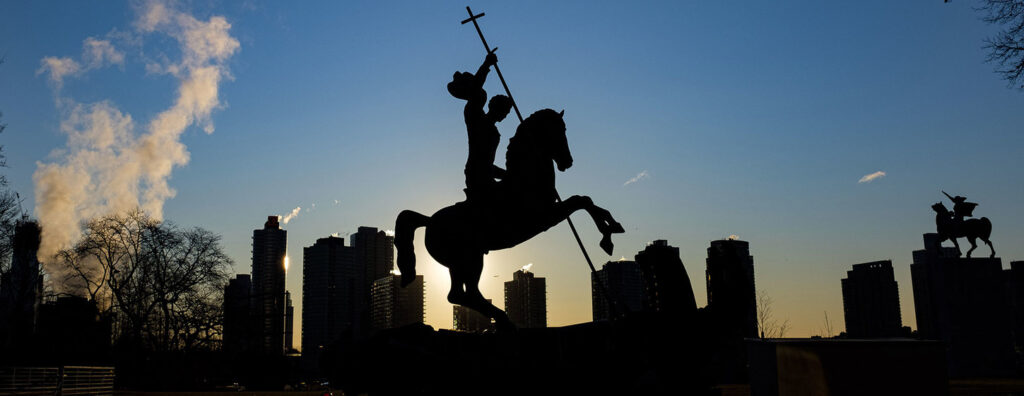Despite sanguine assessments to the contrary, the Trump presidency has had a consequential—and generally negative—impact on international law and US compliance with it that will last for years to come. Expectations for a full reset after the 2020 election need to be lowered. The coming international law “restoration,” while real, will be tempered. Trump’s single term cemented the following characteristics within US foreign policy: (1) a pronounced preference for alternative normative instruments in lieu of multilateral treaties requiring approval by either or both houses of Congress; (2) a more wary/hostile approach towards China; (3) deep skepticism of the world trading system; (4) reliance on punishing “bad” actors through trade sanctions; (5) circumspection towards UN system organizations; (6) avoidance of most international courts and tribunals; (7) aversion to “never-ending” wars and resistance to humanitarian use of force (RIP for R2P); and (8) ever more “ironclad” commitments to Israel’s security.
A Biden administration can be expected to modify at the margin each of these trends, and adopt a more measured diplomatic tone with respect to all of them, but four years hence it is likely that all eight will remain recognizable aspects of US actions in the international law space. Further, given structural constraints internal to the US (such as a divided Congress, a resistant federal judiciary, path-dependent civil servants, and limits on reversing federal regulations quickly) and external ones (chiefly loss of faith in the competence and credibility of the US and UN system organizations), even an effort to restore the place international law held during the Obama years will prove difficult.
Read PDFRead PDF

